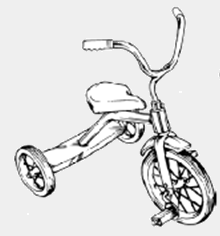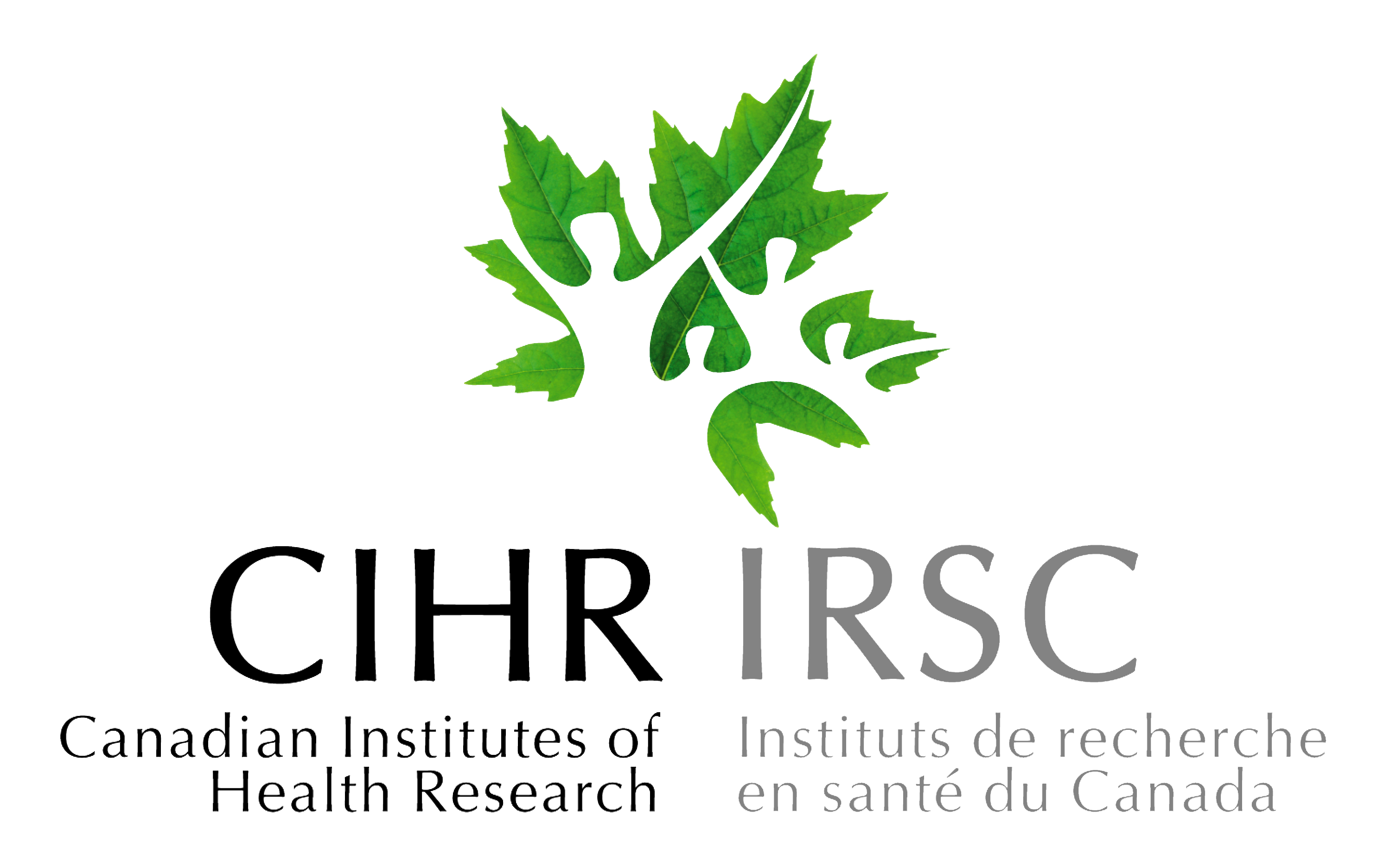TryCYCLE
Abstract
Background: Patients in the intensive care unit (ICU) are the sickest in hospital, and need advanced life-support. Survivors of critical illness are very vulnerable to weakness and disability. Up to 1 in 4 have severe leg weakness impairing their quality of life for as long as 5 years after ICU discharge. In-bed cycling employs special equipment that attaches to a patient’s hospital bed, allowing them gentle leg exercise while in the ICU. We will offer patients in-bed cycling while they are needing a breathing machine, to help them recover from weakness as fast as possible. Before doing a larger trial testing if in-bed cycling reduces disability, data on safety (Is it safe?) and feasibility (Can we do it?) are needed.
Objective: To study the safety and feasibility of in-bed leg cycling in critically ill patients who need breathing machines.
Methods: Adult patients admitted to the ICU who need a breathing machine and are expected to survive their ICU stay are eligible. Specially trained physiotherapists will provide patients with 30 minutes of in-bed cycling each day while they are in the ICU.
Outcomes: We will study (1) Safety: the heart rate and breathing patterns of patients doing in-bed cycling, while carefully monitoring for safety. (2) Feasibility: whether patients can cycle on most days of their ICU stay, whether patients and their families agree to be a part of the study, and whether we can assess patients’ strength in the ICU and at hospital discharge.
Relevance: As the Canadian population ages, the demand for breathing machines during acute illness will increase dramatically. Effective methods of physiotherapy are needed for critically ill patients to minimize muscle weakness, speed recovery, and improve quality of life. This pilot study is the first of several future larger studies about in-bed cycling in the ICU. This program of research will help patients needing life support to regain their strength and recover as fast as possible from critical illness.
Learn More on ClinicalTrials.gov



